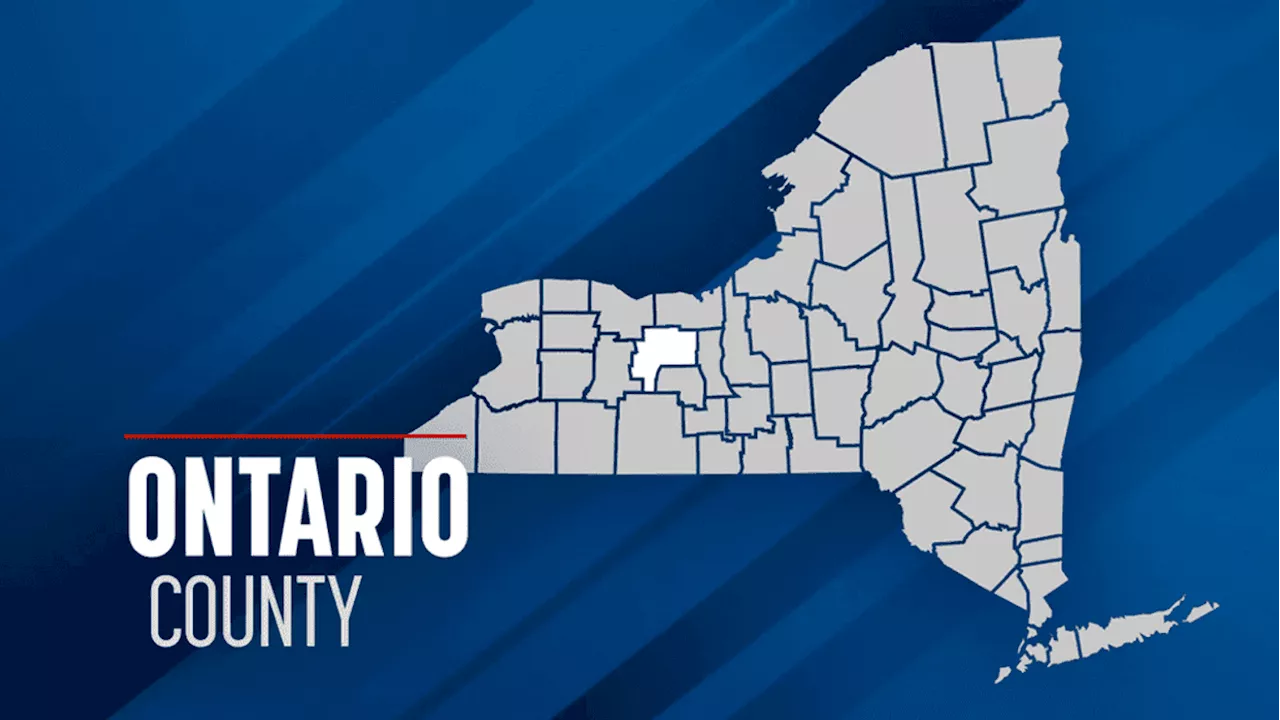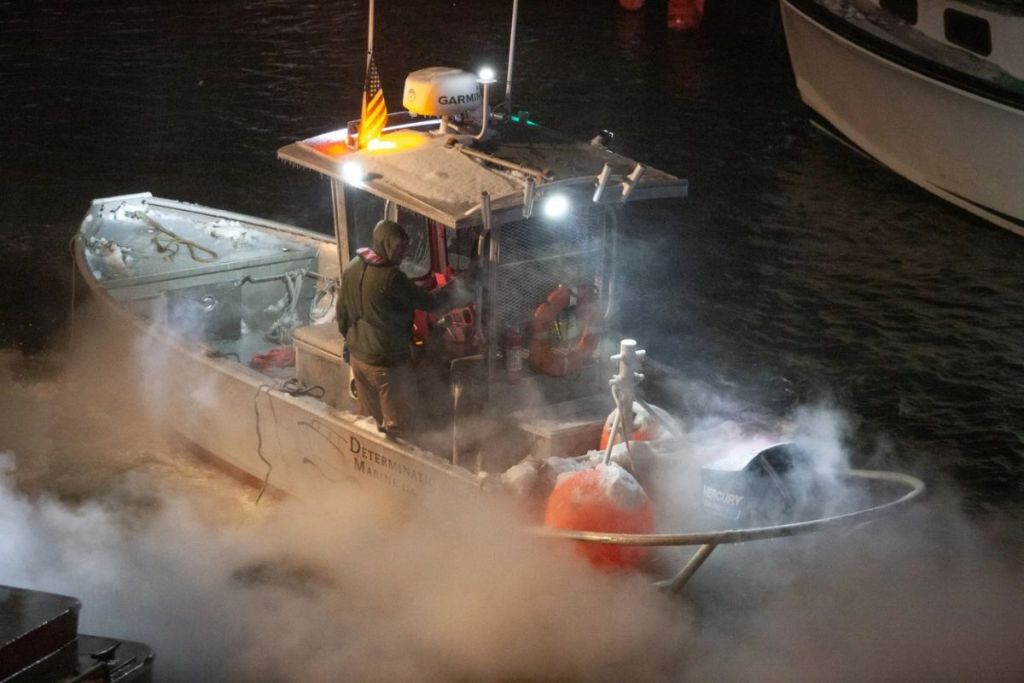UPDATE: A groundbreaking proposal for medical training on cannabis use has just been announced, emphasizing the urgent need for healthcare professionals to be equipped to counsel patients on cannabis. In Maryland, where cannabis is legal for medical use, a new paper co-authored by David Gorelick, MD, Ph.D., from the University of Maryland School of Medicine (UMSOM), highlights a significant gap in medical education regarding cannabis.
The study, published in JAMA Network Open, reveals that 66.7% of medical school curriculum deans believe their graduates are inadequately prepared to prescribe medical cannabis. With the legal landscape rapidly evolving, this proposal aims to ensure that future physicians possess the necessary knowledge and skills to handle the increasing number of patients using cannabis.
Dr. Gorelick asserts that as states like Maryland expand access to both medical and recreational cannabis, it is vital for medical students to learn about its clinical utility, risks, and the relevant legal framework. “This paper outlines the core competencies that physicians should possess to deal appropriately with their patients regarding medical cannabis,” Dr. Gorelick stated. His call to action aims to inspire medical schools and residency programs to integrate these competencies into their curricula.
The demand for cannabis-informed physicians is urgent. A study of cannabis use among pregnant women in Maryland found a staggering 170% increase from 2009 to 2016. This highlights the critical need for healthcare practitioners to be prepared for the complexities surrounding cannabis use and its implications on health.
In collaboration with over 20 co-authors from 26 institutions, the authors identified six core competencies essential for medical students, including an understanding of cannabis’s clinical applications, risks, and the scientific evidence behind its use. These recommendations aim to bridge the significant divide between patient needs and clinician education.
UMSOM is already leading the way by incorporating cannabis education into its curriculum. “It’s important that medical students be exposed to this information,” said Dr. Joseph Martinez, MD, UMSOM Associate Dean for Medical Education. The curriculum currently includes comprehensive lectures on cannabis in the first two years of medical training, alongside hands-on experiences in clinical rotations.
As the Maryland Cannabis Public Health Advisory Council prepares its 2025 report to the Governor and General Assembly, it is clear that cannabis education will play a pivotal role in future public health recommendations. Dr. Gorelick, who also serves as editor-in-chief of the Journal of Cannabis Research, emphasized that healthcare providers will inevitably encounter patients using cannabis, making this training indispensable.
The push for better cannabis education in medical training is not just an academic concern; it directly impacts patient care and safety. As cannabis use continues to rise, especially among vulnerable populations, ensuring that physicians are adequately prepared becomes increasingly critical.
Stay tuned for further developments as this proposal seeks to reshape medical education across the nation, ensuring that future physicians are well-equipped to navigate the complexities of cannabis use in healthcare.







